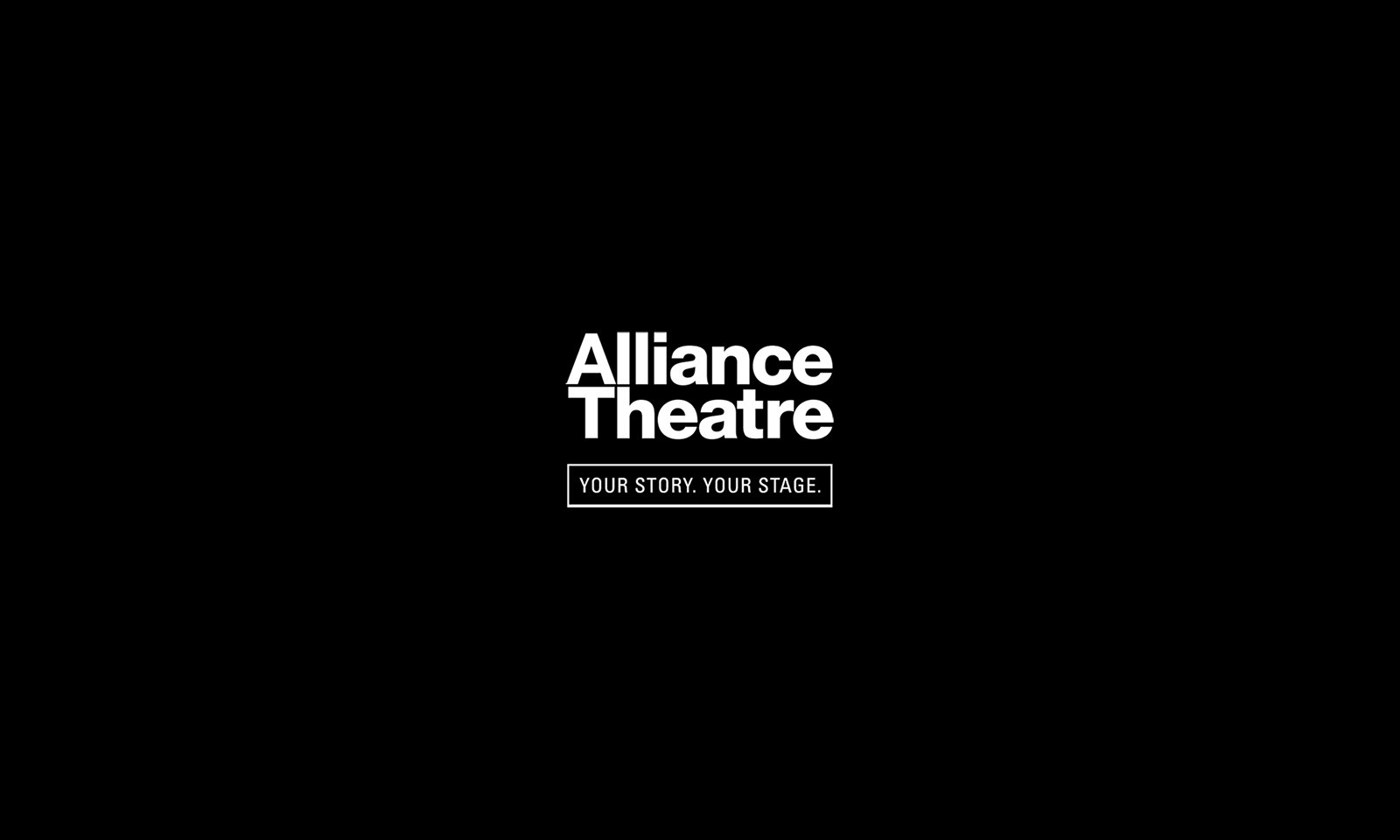An art form founded on the human story cannot ignore human injustice. As a cultural organization, we believe that acknowledging and embracing differences in identity is essential to a dynamic conversation.
At The Alliance Theatre, we stand together in our call for justice for Ahmaud Arbery, Breonna Taylor, George Floyd, Tony McDade, and all fellow citizens oppressed by systems of white supremacy and racism. We continue to remain committed to equity, diversity, and inclusion in all areas of our organization and programming. We stand with our community in our efforts to learn more and do more because Black Lives Matter.
Read the full statement. (Added June 3, 2020.)
Learn about Allyship in Action.
Join us for HANDS UP ATLANTA: Art & Activism.
Featured Works:
Hope and Strength - A Playlist by Hershey Millner
"A Small Needful Fact" by Ross Gay
"We Speak Your Names" by Pearl Cleage
A Free Guided Meditation Led by Lauren Ash
Learn more:
How to Engage in the Necessary Dialogue?
Dr. Robin DiAngelo
An Anti Racist Checklist for White Allies
Dr. John Raibles
75 Things White People Can Do for Racial Justice by Corinne Shutack
Confronting Prejudice: How to Protect Yourself and Help Others
Published by Pepperdine University's online Master of Psychology program
Do More:
Atlanta Solidarity Fund
https://atlsolidarity.org/
The Bail Project
https://bailproject.org/
Black Vision Collective
https://www.blackvisionsmn.org/
For Parents & Families:
The conversations our country is having about justice and race are not only necessary for us, but also for the children in our lives witnessing it. Here are a few resources to help as you expand the hearts and minds of your family during these difficult discussions.
EmbraceRace fights systemic racism by supporting parents to raise children who are brave, informed and thoughtful about race. Join the movement!
NPR Podcast: Talking Race With Young Children
Even babies notice differences like skin color, eye shape and hair texture. Here's how to handle conversations about race, racism, diversity and inclusion, even with very young children.
Parent Resources: Blog posts, organizations and websites containing information and racial and ethnic socialization.
For Parents of Black Children: Black Pain, Black Joy, and Racist Fear: Supporting Black Children in a Hostile World - Psychology Benefits Society
Overcoming anxiety so you can talk to kids about race effectively
Parenting for Liberation is a virtual community that connects, inspires, and uplifts Black folks as they navigate and negotiate raising Black children within the social and political context of the US.
Get Up, Stand Up! Drama Camps Explore stories of fairness, justice, and friendship in virtual summer drama camp inspired by our upcoming production of Sit-In.
FREE PLAY: Open Source Scripts Toward an Antiracist Tomorrow Award-winning playwright, poet, and changemaker Idris Goodwin offers five short plays for multi-generational audiences to spark conversation about race in America.
For Discussions:
Discussion Guidelines for EDI Conversations
- Use “I” statements
- Be honest
- Assume good intentions
- Maintain respectful engagement
- Actively participate
- Don’t monopolize the conversation
- No side conversations
- No talking or texting on cell phones
- Maintain confidentiality
- Discuss and share broader themes when appropriate, but do not discuss specific stories or attribute conversations and decisions to specific individuals. When in doubt about what can be shared – ask.
- Listen for understanding, not in order to debate
- Ask clarifying questions if something is not clear
- Agree to disagree, but please do not disengage
- Address conflict directly if it arises – see it as a learning opportunity
- Don’t speak for others or ask others to speak for their group
- Challenge yourself – step out of your comfort zone
- Acknowledge if you may have said something that was hurtful or insensitive
- Be aware of your own power/influence/authority – you have the ability to either curtail or elevate the conversation
- Leave role/responsibility at the door, don’t “wear your title”




